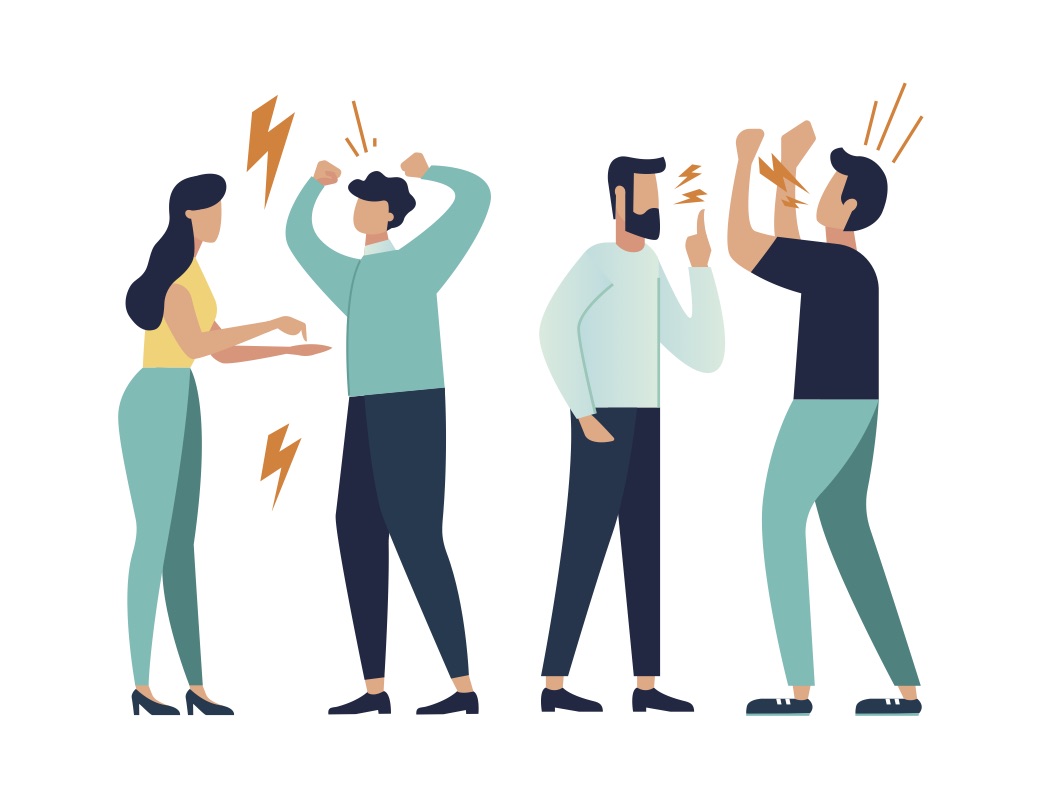It’s really a boundary breach, but I’ll call it a trap because it ensnares us often and when we least expect it…
…and this trap is getting our own emotions confused with someone else’s emotions or behaviour.
The key message here is: understand the difference between what’s your ‘stuff’ and what is someone else’s ‘stuff’.
(where ‘stuff’ includes emotions, beliefs, thoughts, actions).
As a starting point, this requires good self-awareness in-the-moment.
You are the only person responsible for your own emotions
No-one ‘makes’ you angry or sad. How you feel is not directly linked to someone else’s behaviour or emotions.
However, as very social creatures, we sometimes find it difficult to separate these things out.
Instead, something happens or someone behaves in a way that pushes some of your emotional buttons and you respond in a particular way. At any point, you can actively choose to respond differently.
To do this, we need good self-awareness in the moment (although reflection afterwards is also useful), as well as knowing how to self-regulate.
The first step is to breathe out!
We can choose how we respond to someone else’s behaviour or emotions.
You are not responsible for others’ emotions
In the same way, you are not responsible for anyone else’s emotions; they are responsible for their own.
Too often, people feel guilty or upset for how someone responds to something they said or did.
Of course, we aim to be respectful and kind to others. We also use good emotional intelligence and our words and behaviour to be ‘socially competent’ to work our way effectively and respectfully through a difficult interaction.
Ultimately, however, another person’s response and how they feel is their accountability.
A clear boundary allows us to see the difference
Knowing what ‘stuff’ is yours to own means you are less likely to be reactive
This can be a balancing act at times that might require focus and effort. Using some useful emotional regulation strategies will help*.
Next week, we’ll cover some tips on how to assert your boundaries in the moment (and get past any fear of expressing your view).
No one will listen to us until we listen to ourselves.
Marianne Williamson




